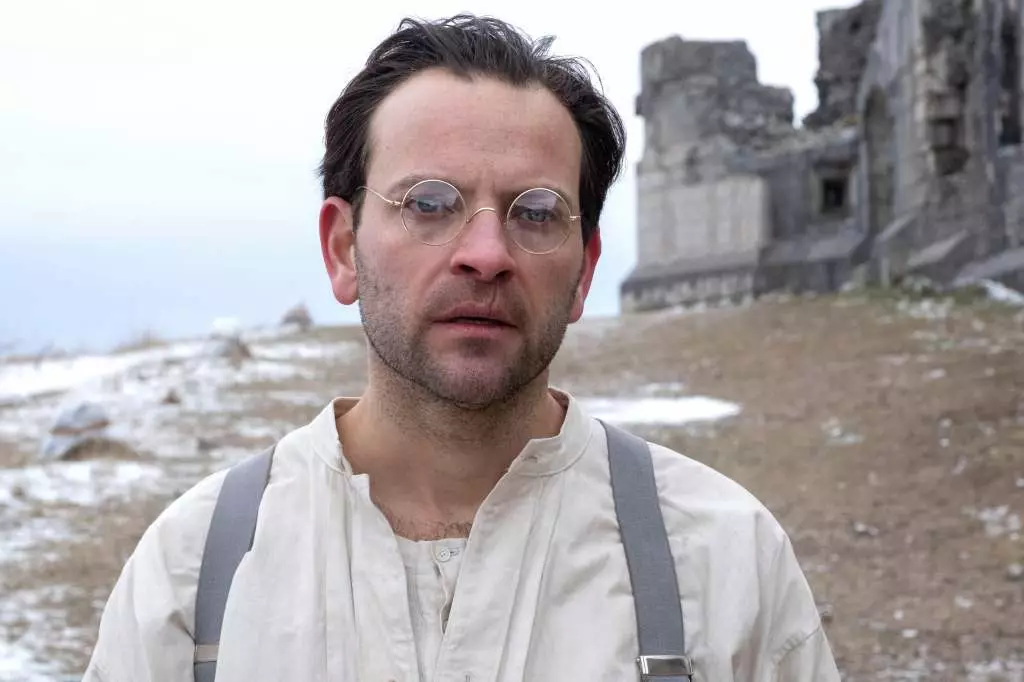The battleground in Gianni Amelio’s compelling feature portrays Europe during the final days of World War I, yet the crux of the narrative delves into the internal conflict within the Italian government itself. The grim depiction of bodies strewn across muddy trenches sets the tone, highlighting the callousness with which young, blue-collar men are deployed into savage conflicts with little hope of return. While the subject matter holds universal resonance, the film’s local appeal may not translate effectively to a broader audience.
The protagonist, Stefano, epitomizes the complex nature of human morality. As a capable doctor, he exhibits disdain towards the wounded soldiers under his care, referring to them as misfits and losers. His authoritarian approach to distinguishing between genuine injuries and feigned ailments illuminates his character as a villain of sorts, relishing in sending men back to the front lines for fraudulent behavior. In stark contrast, his colleague Giulio operates from a place of unwavering compassion, challenging Stefano’s inhumane treatment of patients by advocating for extreme measures to preserve life.
Amelio poses a profound question through the lens of sacrifice in times of war. The notion of sacrifice loses its value when someone else dictates its necessity, blurring the line between heroism and coercion. Guilio’s actions, guided by the Hippocratic Oath, push the boundaries of medical ethics by resorting to drastic interventions to save lives. The inner turmoil faced by soldiers who resist disability, opting for death instead, underscores the profound impact of war on human psyche and morality.
The introduction of nurse Anna introduces a dynamic shift within the narrative, highlighting both personal and professional connections. The underlying tension between Anna, Guilio, and Stefano hints at a complex interpersonal relationship, blurred by romantic and professional boundaries. Stefano’s recollection of the sexism Anna faced during her academic tenure adds a layer of societal commentary, shedding light on the obstacles faced by women in male-dominated fields.
The film’s departure from traditional narrative structures adds a layer of unpredictability, keeping viewers on edge as the story unfolds in unexpected ways. The abrupt introduction of the Spanish Flu epidemic serves as a metaphor for contemporary public health crises, echoing the authorities’ negligence in addressing imminent threats. The parallels drawn between historical events and present-day ethical dilemmas raise poignant questions about the cost of saving lives in the face of institutional apathy.
“Battleground” navigates the intricate web of human emotions, moral dilemmas, and societal expectations against the backdrop of war. The characters’ inner conflicts mirror the external chaos, underscoring the fragile line between sacrifice and coercion. Amelio’s thought-provoking narrative challenges viewers to confront the ethical implications of wartime decisions, resonating with contemporary socio-political landscapes.

